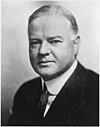
Each of the 50 U.S. states, the District of Columbia, and territories of the United States holds either primary elections or caucuses to help nominate individual candidates for president of the United States. This process is designed to choose the candidates that will represent their political parties in the general election.
A brokered convention, in US politics, can occur during a presidential election when a political party fails to choose a nominee on the first round of delegate voting at the party's nominating convention.

From January 3 to June 5, 2012, voters of the Democratic Party chose its nominee for president in the 2012 United States presidential election. President Barack Obama won the Democratic Party nomination by securing more than the required 2,383 delegates on April 3, 2012, after a series of primary elections and caucuses. He was formally nominated by the 2012 Democratic National Convention on September 5, 2012, in Charlotte, North Carolina.

From March 8 to June 7, 1960, voters of the Republican Party chose its nominee for president in the 1960 United States presidential election. Incumbent Vice President Richard Nixon was selected as the nominee through a series of primary elections and caucuses culminating in the 1960 Republican National Convention held from July 25 to July 28, 1960, in Chicago, Illinois.

This article contains the results of the 2012 Republican presidential primaries and caucuses, which resulted in the nomination of Mitt Romney as the Republican nominee for President of the United States. The 2012 Republican primaries were the selection processes by which the Republican Party selected delegates to attend the 2012 Republican National Convention from August 27–30. The series of primaries, caucuses, and state conventions culminated in the national convention, where the delegates cast their votes to formally select a candidate. A simple majority (1,144) of the total delegate votes (2,286) was required to become the party's nominee.
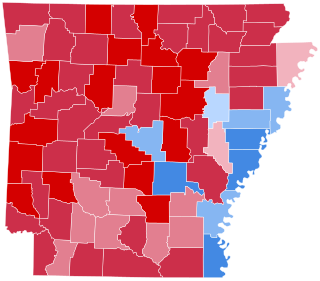
The 2012 United States presidential election in Arkansas took place on November 6, 2012, as part of the 2012 General Election in which all 50 states plus the District of Columbia participated. Arkansas voters chose six electors to represent them in the Electoral College via a popular vote pitting incumbent Democratic President Barack Obama and his running mate, Vice President Joe Biden, against Republican challenger and former Massachusetts Governor Mitt Romney and his running mate, Congressman Paul Ryan.

The 2012 United States presidential election in California took place on November 6, 2012, as part of the 2012 United States presidential election in which all 50 states plus the District of Columbia participated. California voters chose 55 electors, the most out of any state, to represent them in the Electoral College via a popular vote pitting incumbent Democratic President Barack Obama and his running mate, Vice President Joe Biden, against Republican challenger and former Massachusetts Governor Mitt Romney and his running mate, Congressman Paul Ryan.

The 2012 United States presidential election in Tennessee took place on November 6, 2012, as part of the 2012 United States presidential election in which all 50 states plus the District of Columbia participated. Tennessee voters chose 11 electors to represent them in the Electoral College via a popular vote pitting incumbent Democratic President Barack Obama and his running mate, Vice President Joe Biden, against Republican challenger and former Massachusetts Governor Mitt Romney and his running mate, Congressman Paul Ryan.

This article contains the results of the 2016 Republican presidential primaries and caucuses, the processes by which the Republican Party selected delegates to attend the 2016 Republican National Convention from July 18–21. The series of primaries, caucuses, and state conventions culminated in the national convention, where the delegates cast their votes to formally select a candidate. A simple majority (1,237) of the total delegate votes (2,472) was required to become the party's nominee and was achieved by the nominee, businessman Donald Trump of New York.
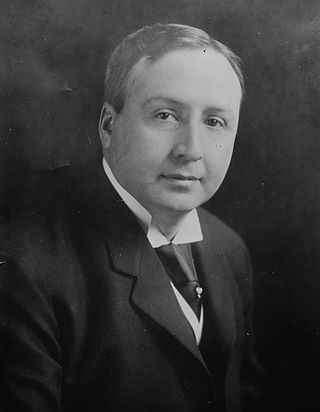
From March 8 to May 20, 1932, voters of the Republican Party chose its nominee for president in the 1932 United States presidential election. The nominee was selected through a series of primary elections and caucuses culminating in the 1932 Republican National Convention held from June 14 to June 16, 1932, in Chicago, Illinois.

The 2016 United States presidential election in Oregon was held on Tuesday, November 8, 2016, as part of the 2016 United States presidential election in which all 50 states plus the District of Columbia participated. Oregon voters chose electors to represent them in the Electoral College via a popular vote, pitting the Republican Party's nominee, businessman Donald Trump, and running mate Indiana Governor Mike Pence against Democratic Party nominee, former Secretary of State Hillary Clinton, and her running mate Virginia Senator Tim Kaine. Oregon has seven electoral votes in the Electoral College.

From March 9 to June 1, 1948, voters of the Democratic Party elected delegates to the 1948 Democratic National Convention where the party chose its nominee for president in the 1948 United States presidential election. Incumbent President Harry S. Truman was selected as the nominee through a series of primary elections and caucuses culminating in the 1948 Democratic National Convention held from July 12 to July 14, 1948, in Philadelphia, Pennsylvania.
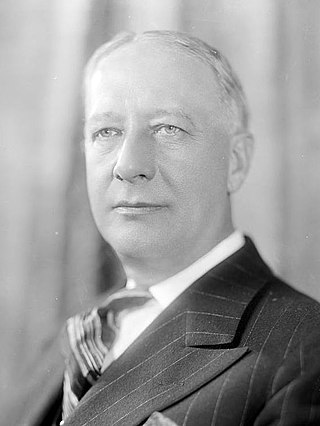
From March 6 to May 18, 1928, voters of the Democratic Party elected delegates to the 1928 Democratic National Convention, for the purpose of choosing the party's nominee for president in the 1928 election.

From March 9 to June 5, 1920, voters of the Democratic Party elected delegates to the 1920 Democratic National Convention, for the purposing of choosing a nominee for president in the 1920 United States presidential election.
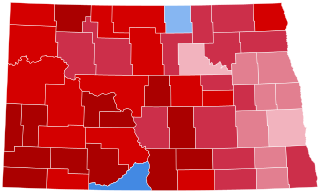
The 2016 United States presidential election in North Dakota was held on Tuesday, November 8, 2016, as part of the 2016 United States presidential election in which all 50 states plus the District of Columbia participated. North Dakota voters chose electors to represent them in the Electoral College via a popular vote, pitting the Republican Party's nominee, businessman Donald Trump, and running mate Indiana Governor Mike Pence against Democratic Party nominee, former Secretary of State Hillary Clinton, and her running mate Virginia Senator Tim Kaine. North Dakota has three electoral votes in the Electoral College.

Presidential primaries and caucuses of the Republican Party took place in many U.S. states, the District of Columbia, and five U.S. territories from February 3 to August 11, 2020, to elect most of the 2,550 delegates to send to the Republican National Convention. Delegates to the national convention in other states were elected by the respective state party organizations. The delegates to the national convention voted on the first ballot to select Donald Trump as the Republican Party's nominee for president of the United States in the 2020 election, and selected Mike Pence as the vice-presidential nominee.

The 2004 Libertarian Party presidential primaries allowed voters to indicate non-binding preferences for the Libertarian Party's presidential candidate. These differed from the Republican or Democratic presidential primaries and caucuses in that they did not appoint delegates to represent a candidate at the party's convention to select the party's nominee for the United States presidential election. The party's nominee for the 2004 presidential election was chosen directly by registered delegates at the 2004 Libertarian National Convention, which ran from May 28 to 31, 2008. The delegates nominated Michael Badnarik for president and Richard Campagna for vice president.






